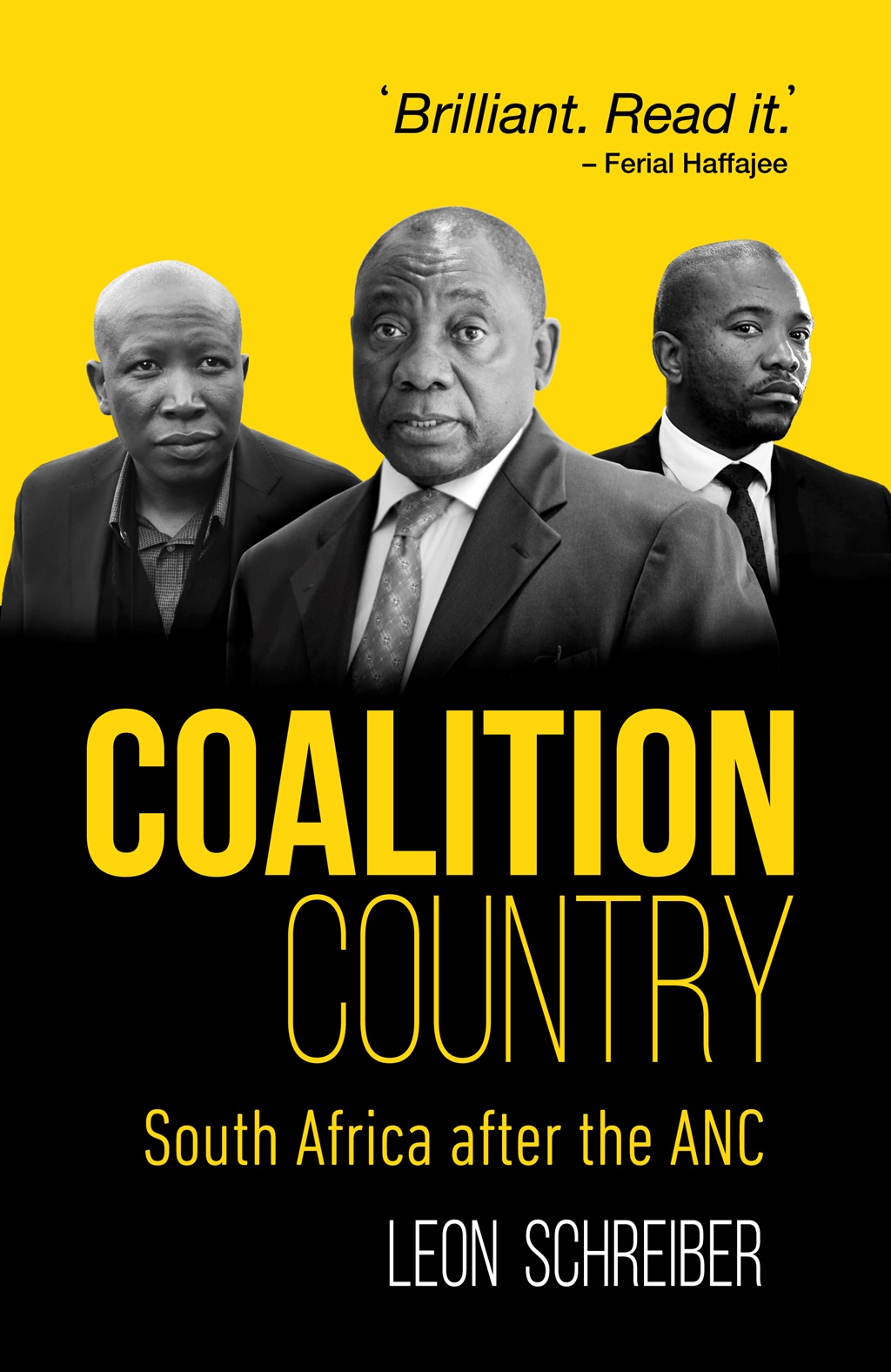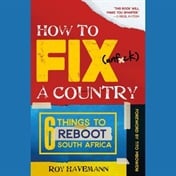
It’s the year 2024, and South Africa is governed by an ANC-EFF coalition that unexpectedly won power in 2019. In exchange for keeping the ANC in power, the EFF has forced its formerly dominant coalition partner to adopt a range of populist policies, including expropriation of land and mines without compensation.
It has also joined the ANC in looting the state; patronage has been extended, and corruption has worsened. Following a loss of investor confidence as well as undue government intervention and mismanagement, the economy is in a downward spiral, and South Africa’s democracy is under siege.
Looking back on the five years since the 2019 national elections, the damage wrought by the previous ANC administration, led by Jacob Zuma, seemed almost quaint by comparison. In the lead-up to the 2024 national and provincial elections, public debate became increasingly rancorous as South African voters lamented their decision in 2019 to open the door to a coalition government.
Disaffected by the arrogance and corruption of the Zuma years, millions of voters had hoped that if the ANC got less than 50 per cent, spending five years in the cold while South Africa was governed by a national coalition formed by previous opposition parties would be a hard lesson in accountability that would force the ANC to mend its ways. But voters who thought that any coalition government would automatically exclude the ANC were grievously mistaken.
The acrimonious build-up to the 2024 election contrasted sharply with the euphoria that had erupted across urban South Africa five years earlier when the IEC announced that the ANC had failed to get a 50 per cent majority.
There were all-night street parties in Gauteng and the Western Cape as the middle classes celebrated the fall of the liberators-turned-looters.
Voters widely assumed that the DA, EFF, and a number of smaller parties, including a new ANC alliance breakaway group, would form a new national government and provincial governments, at least in Gauteng. After all, both the DA and EFF had built their brands around opposing the Zuma-led ANC, and in March 2017, an EFF spokesperson had publicly stated that Julius Malema had no ambitions of returning to the ANC.
Multiparty metro coalitions also appeared to be going well in Nelson Mandela Bay, Johannesburg and Tshwane, where both DA and EFF voters were surprisingly quick to accept inter-party co-operation.
With the ANC vote having dropped below 50 per cent, it seemed logical for the DA and EFF – with support from smaller parties like the ACDP, FF+, COPE, UDM and IFP – to form a governing coalition. But the ANC and EFF had other ideas.
Playing the long game
Only a day after the final election results were announced, media reports began to surface about a meeting between Malema and a senior ANC delegation to discuss a coalition. In its all-consuming desire to remain in power, the ANC was apparently willing to forgive all the insults and invective the EFF had hurled at it over the years. No one was more shocked by this than the DA’s leaders, who frantically tried to get in touch with their EFF counterparts. When the DA and EFF eventually met, Malema made it clear that his mind was made up, and that the meeting with the DA was simply a means of forcing greater concessions from the ANC.
The DA went into damage control mode. It accused the EFF of selling out millions of citizens who had voted to remove the ANC from power, and of being complicit in returning an illegitimate government to power. Many EFF voters agreed, and took to the streets in party strongholds like Rustenburg and Pretoria, demanding a halt to the negotiations with the ANC. But it was too late. It slowly dawned on EFF voters that this had been Malema’s plan all along, and that they had been pawns in his grand political scheme.
As it became increasingly clear that South Africa (and Gauteng) would be governed by an ANC-EFF coalition, analysts rushed to say that it had been obvious all along that Malema’s battle with Jacob Zuma was just a personal spat. With the benefit of perfect hindsight, they argued that the formation of the EFF had been a bargaining chip in a much longer game.
Malema had created the EFF as a means of manipulating the ANC, and it had worked. The EFF had indeed played a decisive role in reducing the ANC vote to below 50 per cent. With Zuma gone, the path was now clear for Malema to return to the Ramaphosa-led ANC and claim his spoils.
Desperate to hang on to power, the ANC acquiesced. The stage was set for Malema’s triumphant – and toxic – homecoming. The ANC, which was woefully unprepared for coalition negotiations and still reeling from the shock of losing the elections, capitulated to most of the EFF’s demands. During the negotiations over cabinet portfolios, the ANC was only too happy to give the EFF what it wanted.
Besides Malema becoming deputy president, the ANC agreed that the EFF would control mining, agriculture, trade and industry, land reform, economic development, state security, justice, higher education, and communications.
This gave the EFF near total control of the most productive economic sectors, and allowed it to exert political control by planting spies in the state security and justice ministries, and propagandists in the higher education and communications ministries.
The ANC and EFF agreed that deputy ministers would be drawn from the same parties as ministers. The ANC also agreed not to ‘interfere’ in ministries that ‘belonged’ to the EFF. The agreement effectively turned each ministry into the fiefdom of the party that controlled it, opening a path to unfettered patronage. The stipulation against ‘interference’ was written up in a flimsy one page coalition agreement.
Aside from committing both partners to ‘radical economic transformation to emancipate the ethnic majority’, the document did not specify any values that would guide the government’s work, and did not even mention the Constitution. It also contained no guidelines for resolving disputes between the two parties, including at cabinet meetings.
After only three weeks of superficial negotiations that saw the ANC capitulate in the face of the EFF’s tactics, the alliance was sworn into office. Malema’s EFF rebels had returned home in a much stronger position than ever before. The negotiations made it obvious that the ANC was desperate to hang on to its patronage networks at any cost. While the ANC was nominally the senior partner in the relationship, the EFF held all the cards. As President Cyril Ramaphosa and Deputy President Malema moved into the Union Buildings, South Africans braced themselves for a devastating populist onslaught.
- Leon Schreiber is an author and a Senior Research Specialist at Princeton University in the United States. Coalition Country is published by Tafelberg Publishers.




 Publications
Publications
 Partners
Partners











